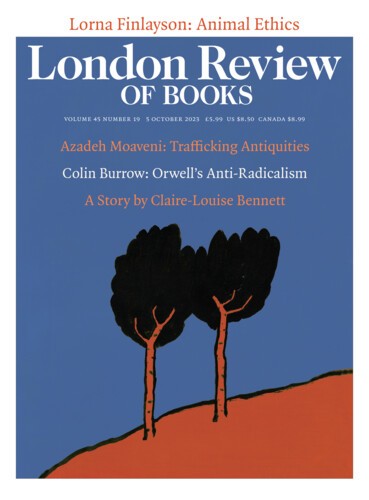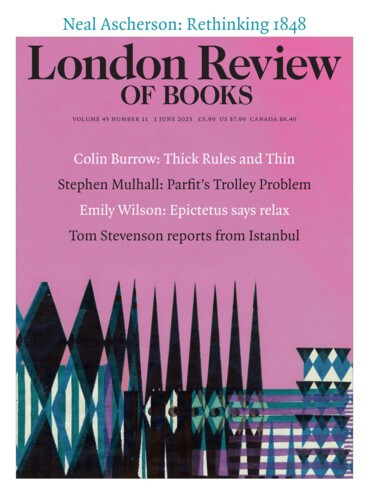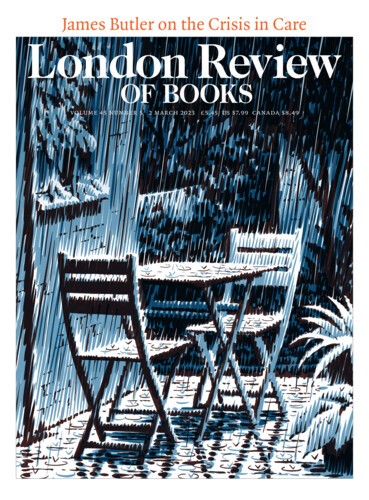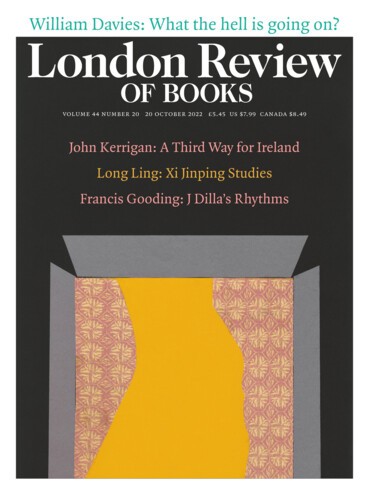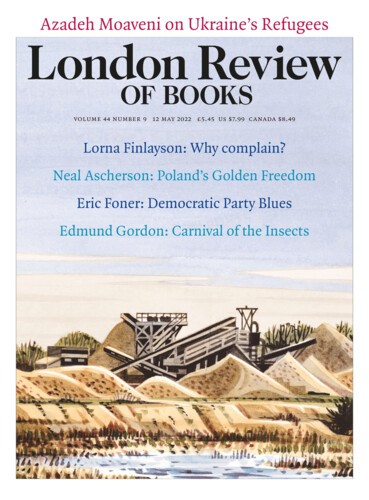Defanged: Deifying King
Eric Foner, 5 October 2023
In March 1968, only a few days before his assassination, Martin Luther King Jr visited Long Beach, a suburb of New York City, at the invitation of a local NAACP leader. Like many suburbs at that time, Long Beach was effectively a segregated community, with an African American population living in a tiny ghetto and working in the homes of local white families. I grew up in Long Beach, but...
